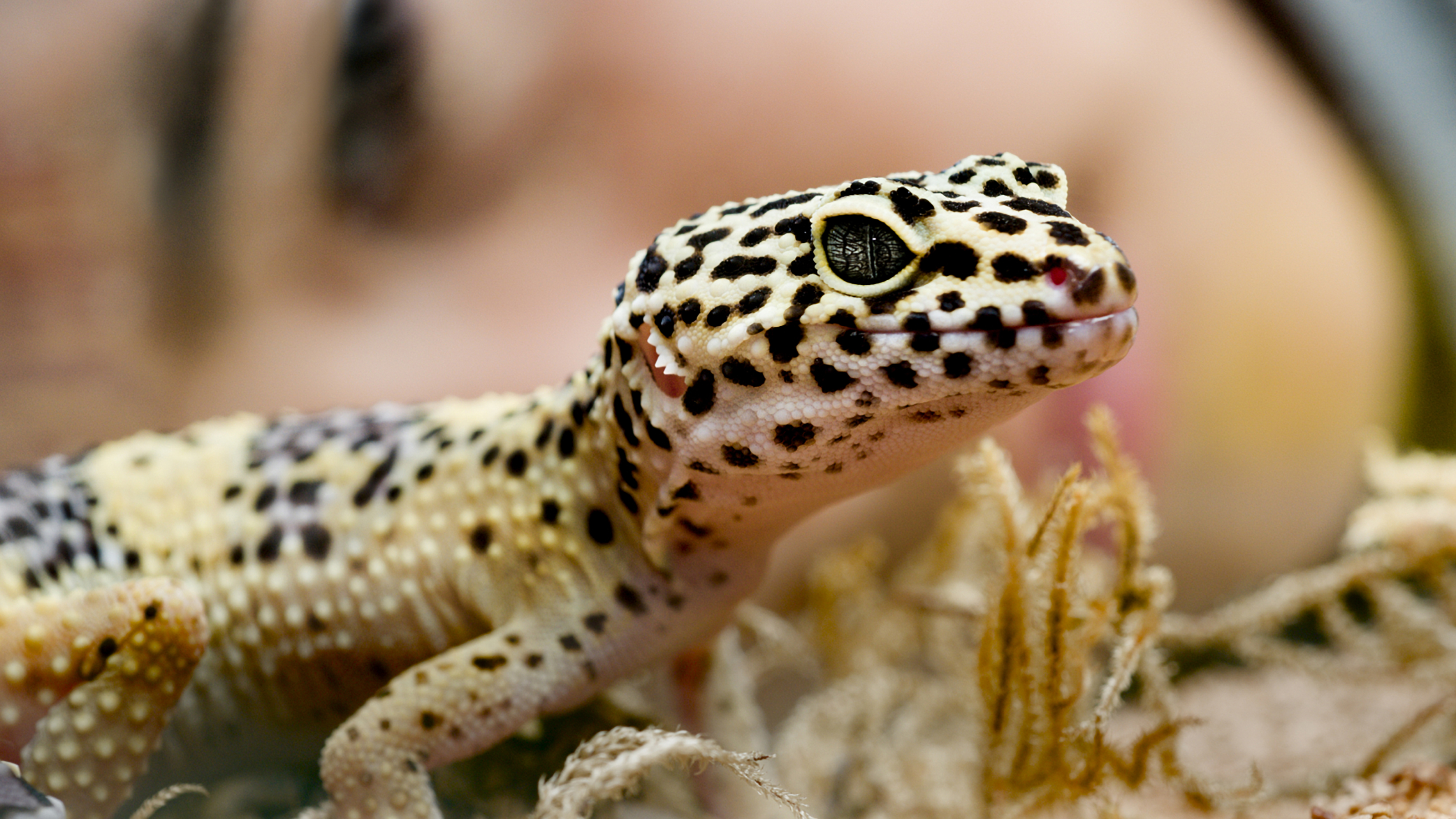Pet Advice
Search
-

Worms and Your Reptile
Learn all you need to know about worms, parasites & your reptile. Professional pet health advice about the prevention & treatment of worms from Companion Care.
-

A Guide To Feeding Your Reptile
Reptiles have a large range of requirements when it comes to their diet. Some are vegetarians – a world away from the meat-only diet of a large boa snake!
-

Microchipping Your Reptile
A microchip is a small electronic device about the size of a grain of rice. Once inserted, your pet cannot feel the chip.
-

Mites And Your Reptile
Amazingly, there are over 250 species of mite which can affect reptiles. Thankfully, most of these are very rare or not found in the UK.
-

Coccidiosis And Your Reptile
Learn about the prevention, treatment and early signs of Coccidia in reptiles. Companion Care offer professional pet health advice from qualified vets.
-

Handling Reptiles
Many people falsely assume you cannot handle reptiles. In fact, many reptiles can be socialised to a degree and can be routinely handled.
-

The Best Home For Your Reptile
How to give your snake, lizard, turtle, tortoise or other reptile the best place to live with the right lighting, heating and humidity for long-term health.
-

Ticks And Your Reptile
While indoor reptiles are at very low risk of tick bites, our roaming reptiles such as tortoises are more likely to be affected.
-

Bringing Your Reptile Home
Reptiles have a diverse and often complex range of needs. Meeting these means preparation is key when you decide to bring a reptilian pet into your home.
-

Cryptosporidium And Your Reptile
Cryptosporidia are a type of protozoa – a microscopic, single-celled parasite – which live in the intestines and can have devastating consequences.
-

Choosing Your New Reptile
How to give your snake, lizard, turtle, tortoise or other reptile the best place to live with the right lighting, heating and humidity for long-term health.
-

Have You Pet Proofed Your Festive Season?
Have you pet proofed your festive season to avoid any accidents or more serious incidents? Contact one of our Companion Care surgeries to find out more.
